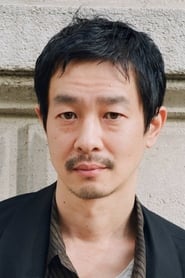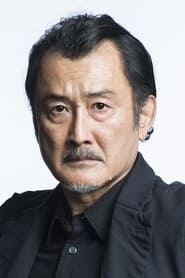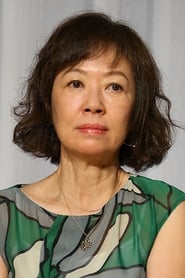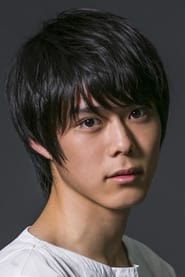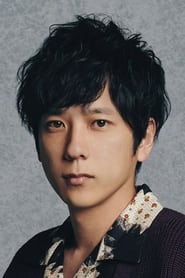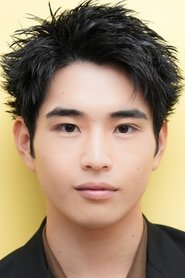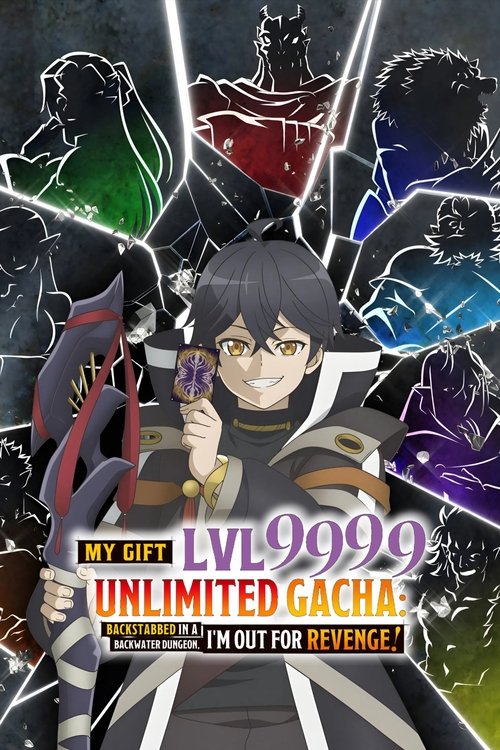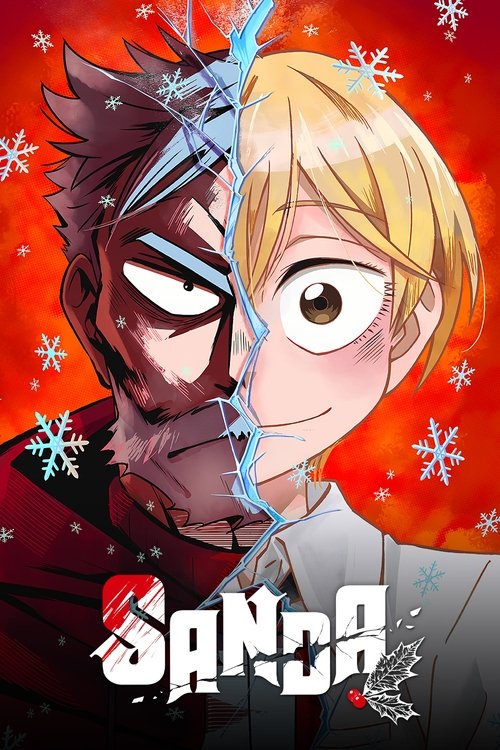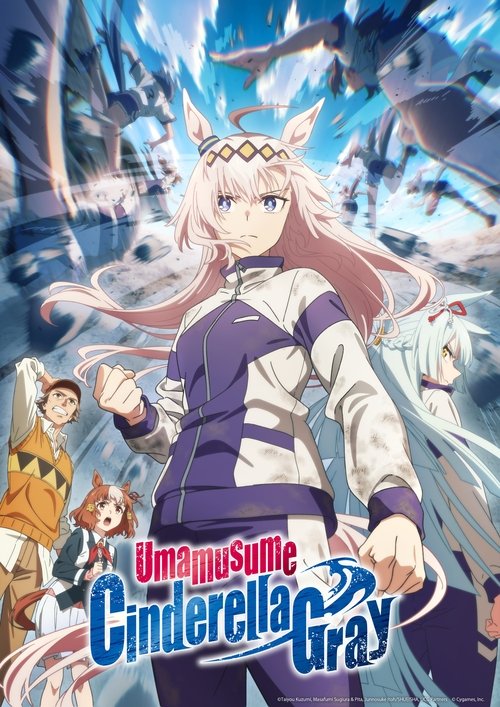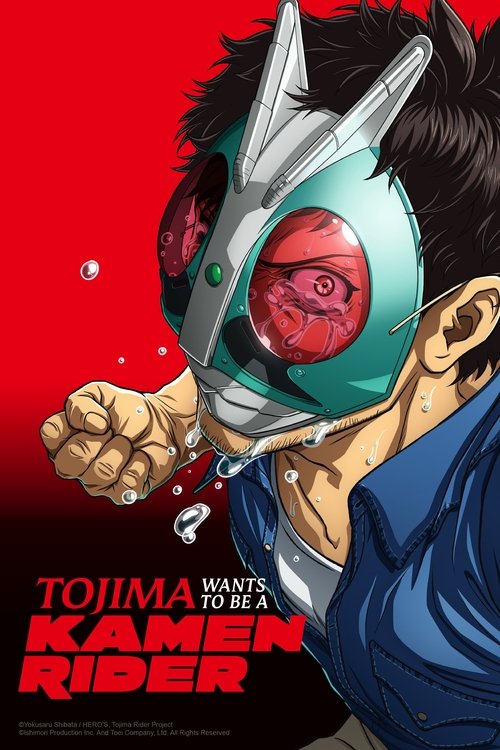
Ask Your Own Question
What is the plot?
The episode opens with Hatako and Kura receiving the August issue of "Monthly Kujira." They flip through the pages and are surprised to see the cover illustration by Takashi, which depicts Nobu. The two women react with a mix of pride and concern, discussing how Nobu's image is now being seen by a wider audience. They mention that Takashi's work has brought attention to Nobu's story, but also worry about how Nobu will handle the exposure.
Later, Kamaji is seen reading Nobu's article in the magazine. He tells Hatako and Kura that he has already read it three times, indicating his deep emotional connection to Nobu's words. When asked if he has read Takashi's four-panel comic strip "Miss Kochi," Kamaji laughs and says Takashi is outrageous for using his precious grandchild as a model without permission. His laughter is cut short as he begins coughing violently, clutching his chest and struggling to catch his breath. Hatako and Kura rush to his side, helping him sit down and offering water. Kamaji waves them off, insisting he's fine, but his breathing remains labored.
That night, Ranko arrives at Nobu and Meiko's house. She knocks urgently and enters with a serious expression. She tells Nobu and Meiko that she needs them to come to her house immediately. Nobu and Meiko exchange worried glances but follow Ranko without question. As they walk, Ranko mutters, "Grandpa Kama…" in a low, anxious tone, her face pale and her hands trembling.
When they arrive at Ranko's house, they find Kamaji lying in bed, his condition visibly worse. Hatako and Kura are by his side, looking exhausted and distressed. Nobu rushes to Kamaji's bedside, taking his hand. Kamaji opens his eyes weakly and manages a faint smile, but he is too weak to speak. Meiko stands behind Nobu, her eyes filled with tears, silently supporting her friend.
The scene shifts to a quiet moment between Nobu and Meiko as they sit together in the dimly lit room. Meiko whispers, "If there was no war…" Her voice cracks, and she begins to cry. Nobu holds her hand tightly, both of them overwhelmed by the weight of the situation. The camera lingers on their faces, capturing their fear, sorrow, and helplessness.
The episode ends with Nobu and Meiko sitting in silence, unable to find words to comfort each other. Ranko stands in the doorway, watching them with a worried expression. The final shot is of Kamaji's still form in bed, the room heavy with tension and unspoken dread.
Related Titles
Browse All Titles →
What is the ending?
Episode 78 Ending Summary
Episode 78 of Anpan concludes with a deeply unsettling cliffhanger that leaves viewers in shock. The episode opens with Hatako and Kura discovering the August issue of Monthly Kujira magazine, where they find that Takashi's cover illustration features Nobu. Kamaji, Nobu's grandfather, reveals he has already read Nobu's article three times and laughs about how Takashi used him as a model for his four-panel comic strip "Miss Kochi" without permission. However, his laughter turns into violent coughing. Later that night, Ranko arrives at Nobu and Meiko's home with urgent news, her expression grave as she mutters "Grandpa Kama..." before the episode cuts to black, leaving Nobu and Meiko stunned and wordless. The implication is clear to viewers: Kamaji has taken a serious turn for the worse, possibly entering a critical condition.
Expanded Narrative Account
The episode begins with an ordinary domestic moment that quickly transforms into something momentous. Hatako and Kura are together when they obtain a copy of the August issue of Monthly Kujira magazine. As they flip through its pages, they make a significant discovery: the cover illustration has been created by Takashi, and the subject of this illustration is Nobu herself. This is a moment of pride and recognition for the family, as it represents Takashi's professional success and his choice to immortalize his wife in his published work.
The scene then shifts to Kamaji, Nobu's grandfather, in a moment of domestic contentment. He speaks about having already read Nobu's article within the magazine three times, demonstrating his pride in his granddaughter's accomplishments and his eagerness to revisit her words. When asked whether he has read Takashi's four-panel comic strip titled "Miss Kochi," Kamaji's response is initially lighthearted and humorous. He laughs and expresses mock indignation, saying "Takashi is outrageous. He's using my precious grandchild as a model without my permission." His tone suggests affection beneath the complaint, the kind of gentle ribbing that occurs between family members who care deeply for one another.
But then something shifts. The laughter stops. Kamaji begins coughing violently. This is not a minor cough or a passing irritation. The violence of the coughing fit is significant enough to be noted by those around him and by the narrative itself. It marks a sudden intrusion of physical fragility into what had been a moment of joy and family connection.
The episode progresses through its remaining scenes, building toward its climax. As night falls, Ranko arrives at the home where Nobu and Meiko are present. Her visit is unannounced and her demeanor is serious, marked by urgency and gravity. She addresses Nobu and Meiko directly, saying "I want you to come to my house." This is not a casual invitation. The phrasing and context make clear that something significant has occurred or is occurring. Ranko's expression becomes even more serious, and she utters words that carry enormous weight: "Grandpa Kama..."
She does not finish the sentence. She does not need to. The incomplete utterance, combined with her urgent summons and her grave expression, communicates everything. Nobu and Meiko are left at a loss for words. They stand in stunned silence, the implications of Ranko's arrival and her unfinished statement hanging heavily in the air between them.
The episode ends on this note of shock and dread. Kamaji's fate remains unconfirmed but deeply implied. Nobu, as his granddaughter, faces the possibility of losing him. Meiko, as Nobu's sister-in-law and a member of the extended family, shares in this moment of crisis. Takashi, though not present in this final scene, is implicitly affected by whatever is happening to Kamaji, as it will impact his wife and her family. Ranko, as the messenger bringing this news, becomes the bearer of the family's crisis, the one who must pull Nobu and Meiko away from their ordinary evening and into whatever emergency awaits them at her home.
The episode leaves all of these characters suspended in a moment of uncertainty and fear, with Kamaji's condition the central unknown that will determine the emotional and narrative trajectory of the episodes to follow.
Is there a post-credit scene?
There is no postcredit scene in Anpan, Season 1, Episode 78. The episode concludes with the main narrative ending, focusing on the emotional and tense moment when Ranko visits Nobu and Meiko late at night, expressing concern about Kamaji's health. The final scene shows Nobu and Meiko at a loss for words, leaving viewers with a sense of worry and anticipation for what will happen next. No additional scenes or content are shown after the credits roll.
Is this family friendly?
The TV show "Anpan," season 1, episode 78, produced in 2025, is generally family friendly and suitable for children, as it is part of an NHK Asadora morning drama series inspired by the life of Nobu Komatsu and Takashi Yanase, creator of the beloved children's character Anpanman. The series has been positively received by parents watching with their children and is designed to be accessible to a broad audience including families.
However, since the show is a drama based on real-life historical events around the Showa era and post-war Japan, it may contain some scenes or themes that could be sensitive or potentially upsetting for very young children or sensitive viewers. These might include:
- Depictions or references to wartime experiences and the impact of militaristic ideology on individuals, which could involve emotional or somber moments.
- Portrayals of hardship and poverty, such as living in rundown apartments with poor conditions.
- Themes of personal loss and struggle, reflecting the historical context and character backstories.
There are no indications of graphic violence, explicit content, or other typical adult themes. The tone is generally dramatic but respectful, focusing on love, courage, and the joy of life. Overall, it is suitable for family viewing with parental guidance recommended for younger or sensitive children due to historical and emotional content.




